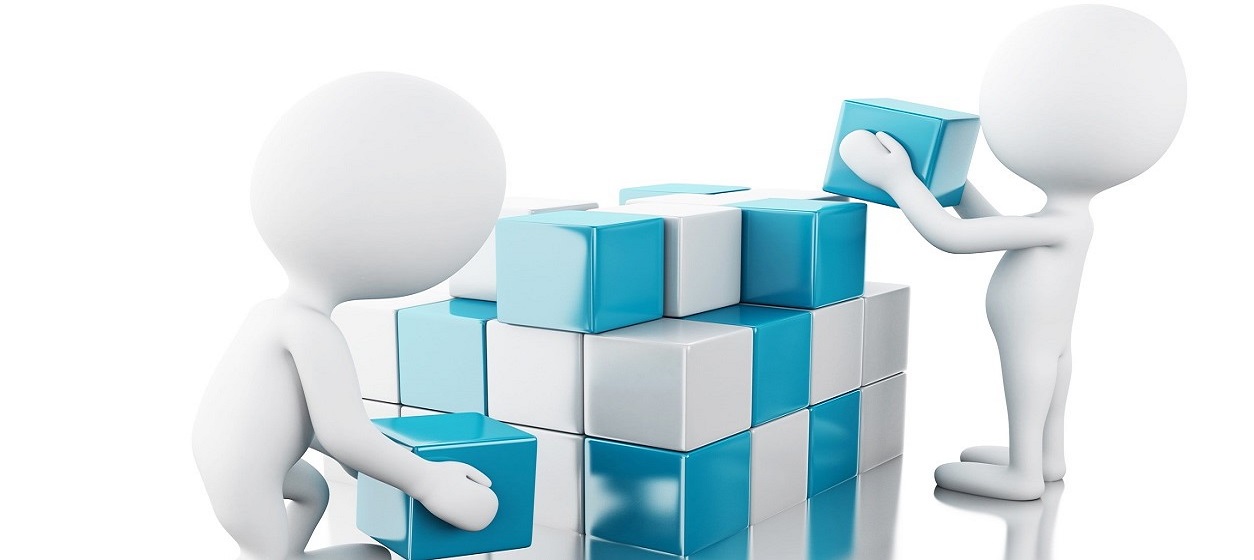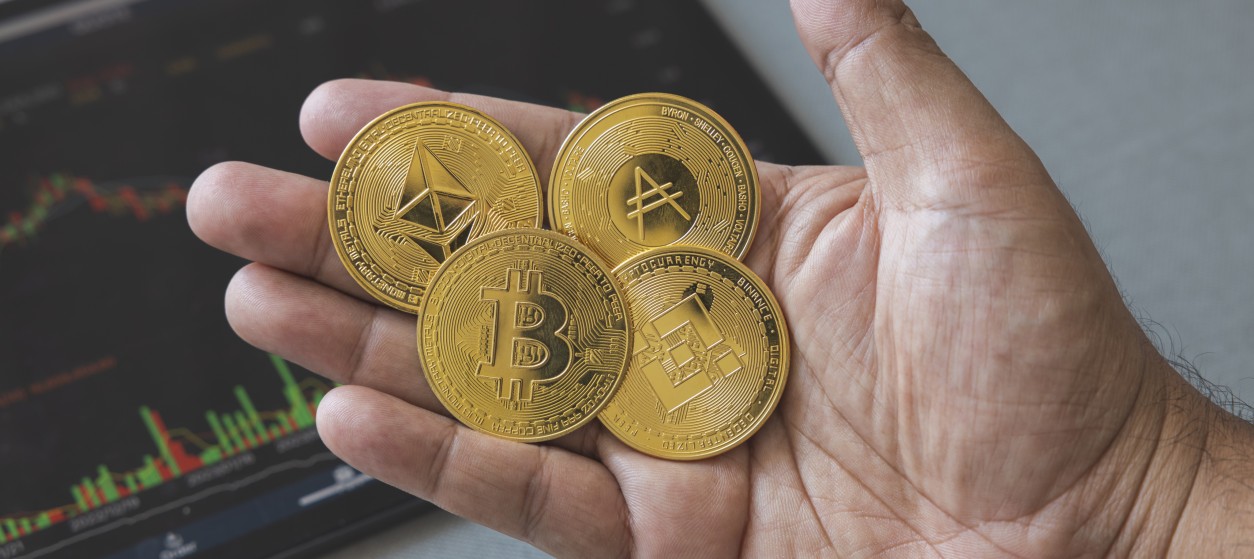The first paper describing the BitCoin technology was released by Satoshi Nakamoto more than 10 years ago. Since then there is a huge surge of interest on cryptocurrencies and related financial applications. This interest goes far beyond Bitcoin, as the technology has progressed to alternative cryptocurrencies (“Altcoins”) such as Ethereum and Lightcoin and has evolved to other financial applications (e.g., trading and investment applications), which are based on Bitcoin’s technology, namely the blockchain. The blockchain has also received significant attention as a result of its ability to decentralize financial transactions based on the concept of “distributed trust”, which obviates the need for a trusted third party in order to guarantee the validity and resilience of the transactions. In particular, blockchains are distributed ledgers of transactions, which are validated based on decentralized majority consensus mechanisms rather than relying on central control. They also offer increased security based on strong cryptography, along with transparency, immutability and fine-grained control over sensitive datasets.
The above-listed advantages of blockchains have led researchers and practitioners in various industries to consider the use of blockchains in their applications. In the last couple of years, a large number of industries (other than financial services) has developed applications based on BlockChain technology mainly as proof-of-concept, research prototypes and start-up MVPs (Minimum Viable Products) and less frequently as enterprise-scale products and services. In the following paragraphs, we review the uses of blockchain technologies in industries beyond banking and financial services.
Healthcare
The healthcare industry is experimenting with the use of blockchains as a means of storing and managing healthcare data in a fully decentralized way, rather than using a centralized cloud-based database. Healthcare stakeholders are also investigating the merits of blockchain in terms of personal data encryption. Furthermore, they explore the use of blockchains as a means of managing opt-in and opt-out processes in personal data handling. In particular, there are blockchains that enable data providers (including citizens and healthcare services providers) to control access to the data they own at all times.
Social Networks
Mainstream, centralized social network services are severely criticized about their ability to protect the personal data of their users. The recent “Cambridge Analytica” case, where Facebook users’ data were compromised is only the tip of the iceberg, as there have been many other similar cases. Blockchains are being investigated as a remedy to these vulnerabilities of centralized social networks. In particular, new blockchain-based social networks are emerging, which decentralize the storage and processing of personal data, while at the same time enabling the end-users of the social networks to have control over their personal data.
Energy
Blockchains are also considered for energy management applications. The development of smart decentralized utility metering systems is a promising adaptation of Blockchain technology, where different peers keep track of a distributed ledger of measurements and use consensus mechanisms for the analysis and synchronization of the measurements. Another blockchain use case in the energy sector involves the development and operation of decentralized energy data platforms across the energy supply chain. Such platforms enable decentralized energy market operations, which balance supply and demand in an optimal and transparent way, following consensus by all participating stakeholders. In essence, such platforms strive to completely disintermediate energy market operations.
Supply Chain Management
Supply chain management is probably the application domain (beyond finance), where blockchains were first deployed. In particular, several blockchain startups implemented and deployed distributed ledgers for the traceability of products and services across the supply chain. The value proposition of such applications is based on the parameters like transparency, immutability, security and strong (distributed) trust that they offer to supply chain participants.
Manufacturing and Industry 4.0
Blockchain systems and applications for the supply chain can be also used along the manufacturing chain, including support for logistics applications. During the last two years, providers of industrial automation solutions are using blockchains in order to synchronize processes inside a factory or a plant. The value of such synchronization stems from the fact that they obviate the need for continuous connectivity to a centralized cloud, which resides typically outside the plant. Different stations and their devices can participate and interact autonomously without a need for centralized control, which can increase the resilience of the factory.
Public Administration and E-Government
Governments are very much dependent on centralized entities that provide trust in citizens’ and businesses’ transactions. This is, for example, the case with notary public offices that provide trust in real estate transactions. Blockchains hold the promise of increasing the transparency of such transactions by maintaining track of land ownership records in distributed ledgers. Likewise, governments could also use blockchains to implement tamper-proof voting records, and also maintain citizens’ records including information about the digital identity of citizens.
Entertainment and Media
In the media and entertainment sector, blockchains have been suggested as a transparent and trustful solution for controlling the ownership rights of digital media i.e. for decentralized and trustful digital rights management. Likewise, the use of blockchain for the disintermediation of record labels has been also proposed.
Internet of Things
Blockchains have been also considered in conjunction with the Internet of Things (IoT) paradigm. The main use in this direction concerns the implementation of smart contracts between “smart” objects, as means of injecting distributed application logic to them and regulating their behavior. As a characteristic example, one may consider smart appliances that order the required detergent and schedule their service, as well as smart hospital key-locks that open only when matched with the smart contract of the key of the customer. Blockchain IoT applications can be deployed and used in multiple sectors, beyond the ones listed above.
The above list of blockchain applications is non-exhaustive yet indicative of the technology’s potential. There is indeed a lot of speculation around the business value of blockchains. It’s therefore good to remember that the only sector where blockchains have proven business value at scale is the financial sector, mainly through Bitcoin and more lately through Ethereum and other cryptocurrencies that have collectively multi-billion dollars capitalization. The use of blockchain in other sectors is still limited, despite the existence of hundreds of startups, as well as of interesting pilots and success stories. The future of blockchain technology is definitely promising considering that public blockchains and distributed ledgers can be used by private enterprises and consortia in their permissioned and private flavors. This is a factor that expands the spectrum of potential deployments and it’s a vital parameter that needs to be taken into account in the development, adoption and due diligence efforts.










